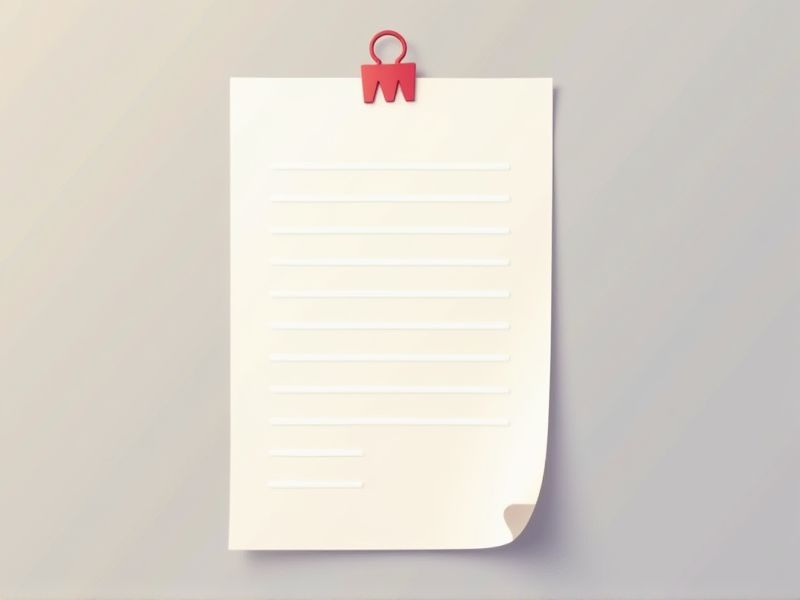
When you need to grant someone official permission, a well-crafted letter of authorization is essential. Such letters clearly state the scope and limits of the permission being given, ensuring transparency and avoiding misunderstandings. Whether it's for delegating tasks, allowing access, or endorsing actions, a permission letter serves as a formal and legal document. Writing this letter with clarity and professionalism helps protect the interests of all parties involved. To assist you, this article offers a variety of practical permission letter templates tailored to different situations.
Samples of letter for giving permission
Permission Letter Template For Work-Related Requests
Letter Format For Granting Permission To Use Property
Sample Letter Granting Permission For Photography
Permission Letter Template For School Activities
Letter Template For Parental Permission
Template For Event Permission Letter
Letter Format For Granting Permission To Conduct Research
Template For Permission Letter To Access Files
Letter For Granting Permission To Use Documents
Sample Letter For Workplace Permission
Permission Letter Format For Volunteering Activities
Template For Giving Permission To Attend Events
Letter Granting Permission For Travel
Sample Template For Permission To Use Equipment
Letter Format For Granting Permission For A Project
Template For Allowing Permission For Media Coverage
Sample Letter For Permission To Publish Content
Permission Letter Template For Youth Participation
Letter Format For Granting Permission For Online Use
Sample Permission Letter For Community Projects
Important Things to Know when Writing Letter For Giving Permission
Clear Identification Of The Grantor And Recipient
A well-structured letter template for granting permission should begin with a clear identification of both the grantor and the recipient. This includes full names, addresses, and contact details to establish a formal and professional tone. Proper identification not only validates the permission being granted but also minimizes potential misunderstandings regarding the parties involved. Ensuring this clarity enhances the document's effectiveness and legal standing, making it essential for any formal communication.
Specific Activities Or Permissions Granted
A letter template for granting permission should clearly outline the specific activities or permissions you are allowing. This ensures that there is no ambiguity regarding what is authorized. For instance, if you are permitting someone to use your property, mention the exact dates, times, and nature of the activities involved. By providing detailed information, you help safeguard against misunderstandings and establish clear boundaries for the permitted actions.
Duration Or Validity Period Of The Permission
When creating a letter template for granting permission, specifying the duration or validity period is crucial. This aspect informs the recipient about how long the permission remains effective and can help prevent misunderstandings in the future. Clearly stating the start and end dates can establish expectations and ensure compliance with the terms outlined. Always consider including clauses that address what to do if the permission needs to be extended or revoked before its expiration.
Signature And Date For Authentication
A crucial aspect of a permission letter template is the inclusion of a signature and date, which serves to authenticate the document. Your signature confirms your identity and authority to grant the requested permission, while the date indicates when this authorization is effective. This element not only adds legitimacy to the document but also provides a clear timeline for any future reference. Ensuring these details are present can prevent misunderstandings and bolster the validity of the permission granted.
Contact Information For Follow-Up Or Verification
Including contact information in a letter template for granting permission is essential for ensuring clear communication. This information allows recipients to follow up or verify the authenticity of the document whenever necessary. Your contact details should be easily accessible, typically positioned at the top or bottom of the letter, to encourage prompt responses. Such transparency not only fosters trust but also facilitates smoother interactions between parties involved.
